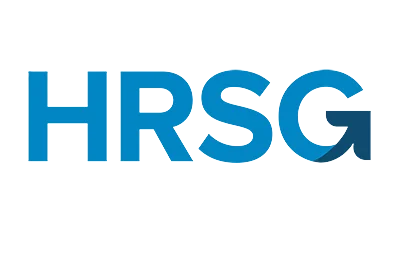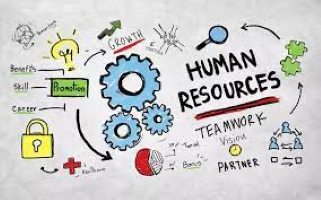Human resource management is undoubtedly one of the most challenging tasks in the present time as organizational goals have become more complex and competitive. A diligent HR professional holds an integral place in managing the human resource entrusted in his/her domain and facilitating them to perform at an optimum level. This individual has to have a multi-tasked approach so as to be able to face unprecedented events such as harassment, conflicts amongst employees, sudden short-staffing, stress, pressure and creating a growth climate within the organization.
Below mentioned are the top 5 steps that can prove to be beneficial in effective human resource management:

Steps followed by HR Professional to Manage People Better:
-
Encourage teamwork
Fostering an environment that is open-minded and allows healthy teamwork whereby each employee feels the liberty to express his/her opinion may strengthen productivity. Creating a sense of unity and motivating them to work in collaboration is key to attaining a targeted outcome. Close proximity among team members that is carefully laid upon respect and ethics is crucial in obtaining the ideal potential. Providing incentives based on the evaluation of cooperation and collaboration could be an effective way in spilling the seed of teamwork on the whole.
-
Making Fair and Equitable Decisions
Efficient HR leaders must be consistent in developing strategies that directly correlate with organizational goals. For this, they have to very sensibly chalk out important decisions. Any decision that is inclined towards the benefit of any particular employee or on the contrary, posing a potential threat or challenge for an employee discourages the workforce and creates inequity. As the old cliche suggests, “ With great power, comes responsibility” An HR professional should make mindful use of his/her power that embeds corporate responsibility and does not create resilience within personnel that could be attributed to bias. At any point in time, if your workforce perceives even the slightest hint of personal bias or choice, it would be an unfavorable scenario leading to negative connotations. Each member of human resource must experience equality and security at the workplace at all times to maximize satisfaction.
-
Incorporating New HR Trends
As policy makers, HR professionals need to place emphasis on the upcoming HR trends that manifest as industry norm. As the world has experienced varied work dynamics, hybrid or remote, it has become essentially important to deploy employee centricity. A holistic approach towards employee wellbeing works as a win-win model especially as we dwell into the post-pandemic regime allowing metaverse models that have redefined work dynamics . Employees’ retention and satisfaction can be attained through creating a balance between their mental, physical and financial well-being. HR professionals must align their practices with the new HR trends to attract and retain qualified and promising employees. Furthermore, this will also enable them to position and strengthen best people practices across the organization.
-
Promote On-The-Job Training (OTJ)
Best HR practices involve considering the professional development of the employees. As diving deep into the ocean yields a pearl, providing learning opportunities for your workforce may bring outrageous growth and progress. Investing in training programs would benefit in ways that cannot be enumerated. This motivates employees sending positive signals that the company values them and is activating its resources to enable them to acquire new learning thus improvising their skill set. This can include hard skills, which are more technical, and soft skills, like communication, time management, and analytical and critical thinking skills. This will be visualized as an opportune time for the employees to enhance their profiles, hence directly proportional to commitment and sense of responsibility.
-
Effective Communication
A sound and visionary HR professional puts progress at his focal point and is aware of the fact that how crucial it is to be an effective communicator in this regard. Communication involves both speaking as well as listening. An ideal HR professional would be careful with how he or she exchanges information ,choosing relevant vocabulary and details where need be. It also has to be meaningful and implementable. In essence, it must not be ‘big hat, no cattle! As much as the speaker’s words and insights need to be coherent, we must not overlook the second aspect of effective communication; that is, listening. A committed HR professional must promote a culture of being heard without judgment and should be open to diverse perspectives.
Conclusion
It calls for an intricate blend of talent ,immense intrapersonal and interpersonal skills that can promise an effective human resource planning and management targeted to attain a company’s mission and philosophy along with ensuring it captures an ideal presence in the industry it operates within.






